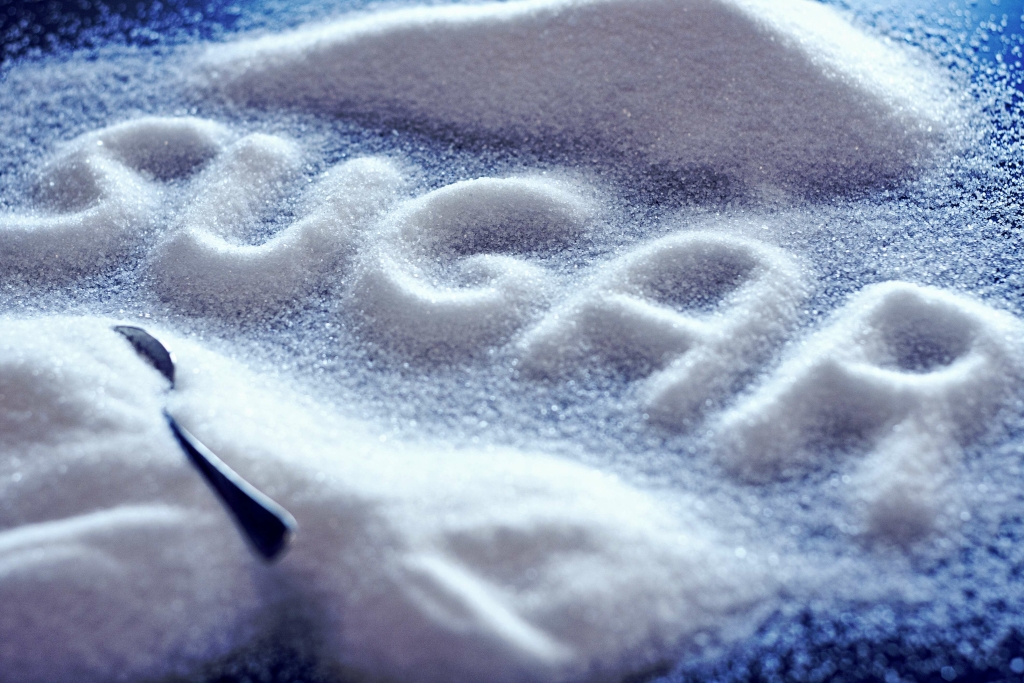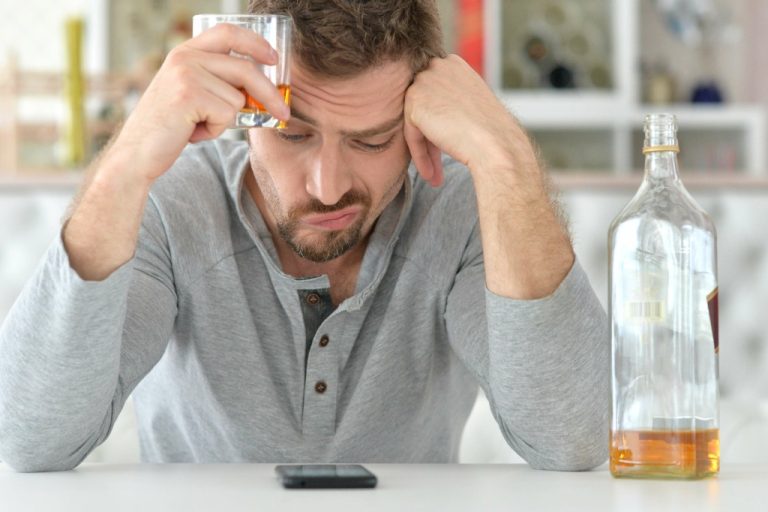Our science-backed approach boasts 95% of patients reporting no withdrawal symptoms at 7 days. This is one of many reasons it’s recommended that an individual talk with a professional before detoxing from alcohol. They can help you prepare for the process and ensure you stay safe and in relative comfort during the worst of withdrawal. Many forms of Medication for Addiction Treatment (MAT) are available to manage alcohol withdrawal and aid in recovery from AUD. Alcohol withdrawal can cause a number of uncomfortable symptoms, making sleep more difficult.

Can You Get Anxiety from a Hangover?
- In the present study, which focused on the effects of alcohol consumption on sleep quality among adults aged 20 years and older, we found that AUDIT-KR and PSQI-K scores were significantly correlated among male subjects.
- We’ve covered more on how long before bed to stop drinking alcohol here.
- It’s important to treat sleep disorders such as insomnia (difficulty falling or staying asleep) or sleep apnea (when breathing stops multiple time a night) if they are present.
- More than 70% of those with alcohol use disorder (AUD) also experience alcohol-induced sleep disorders, such as insomnia, according to scientists in a 2020 review.
We can help you overcome your addiction to alcohol, allowing you to sleep better and feel rested. Contact a Recovery Advocate today to learn how our evidence-based alcohol addiction treatment programs can help you sleep well again. Insomnia is defined as difficulty getting to sleep or staying asleep. Because alcohol makes it difficult Halfway house to get normal sleep, it is a cause of insomnia. While alcohol might make it easier to get to sleep, it disrupts normal sleep, making you feel more tired than you usually should after sleeping.
- The sedative properties of alcohol may create a deceptive sense of improved sleep quality, while in reality, it compromises the restorative nature of deep sleep.
- Ultimately it can make some people more vulnerable to sleep apnea or exacerbate the symptoms for those who already have it.
- But this can create a negative pattern that leads to more serious, long-term effects of alcohol on sleep.
- Individuals with a family history of alcohol use disorder (AUD) or other substance abuse problems are at higher risk of developing sleep disturbances related to alcohol consumption.
- If you’ve ever had a drink or two and fallen asleep only to wake up at 2 or 3 a.m., there’s also a reason for that.
Help NCOA Make an Impact

Overcoming alcohol addiction is so difficult because of all the effects it can have on you mentally, socially and physically. Peters is a board-certified neurologist and sleep medicine specialist and is a fellow of the American Academy of Sleep http://israelhanin.org/2021/09/09/can-alcohol-addiction-really-be-cured-blog/ Medicine. “Long-term use of alcohol produces sleep deprivation because it prevents an individual from having deep, refreshing sleep,” he adds. Additionally, alcohol is also a diuretic meaning more bathroom breaks, plus dehydration, which results in less time to catch up on the recommended hours of rest. This happens because your body shifts from “sedation to stimulation” in the middle of the night as the level of alcohol in your blood decreases.
Description of Alcohol-Induced Sleep Disorder
Because of drinking’s negative impact on sleep cycles, a person does not sleep as well if they drink before bed. Compared to informational charts insomnia after stopping drinking showing an “ideal” set of sleep cycles, even a healthy person’s sleep pattern likely won’t match exactly. However, a person with insomnia will have significantly disrupted sleep architecture and, as a result, will feel a notable decline in their sleep quality. It is recommended that alcohol not be consumed in the last four hours before bedtime.
